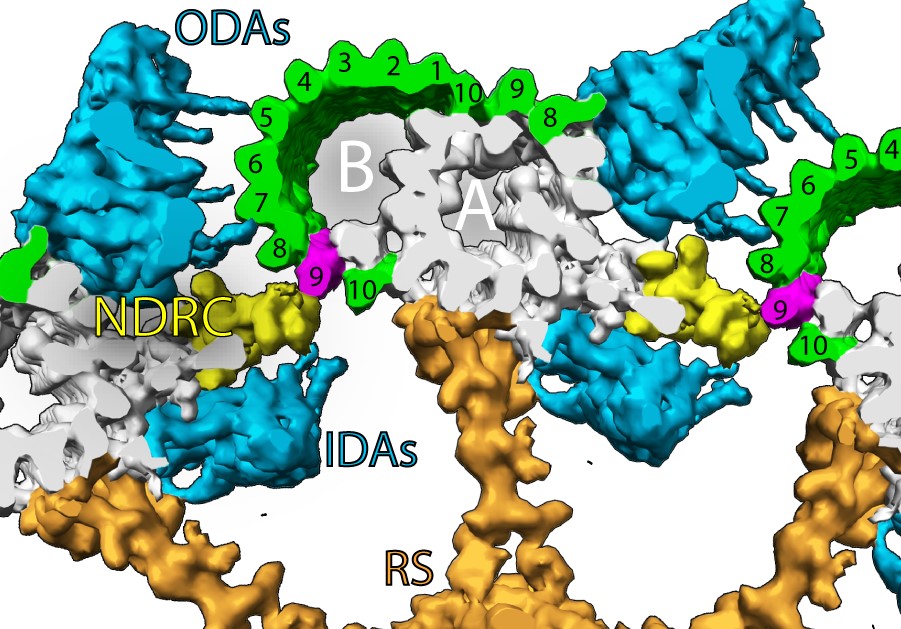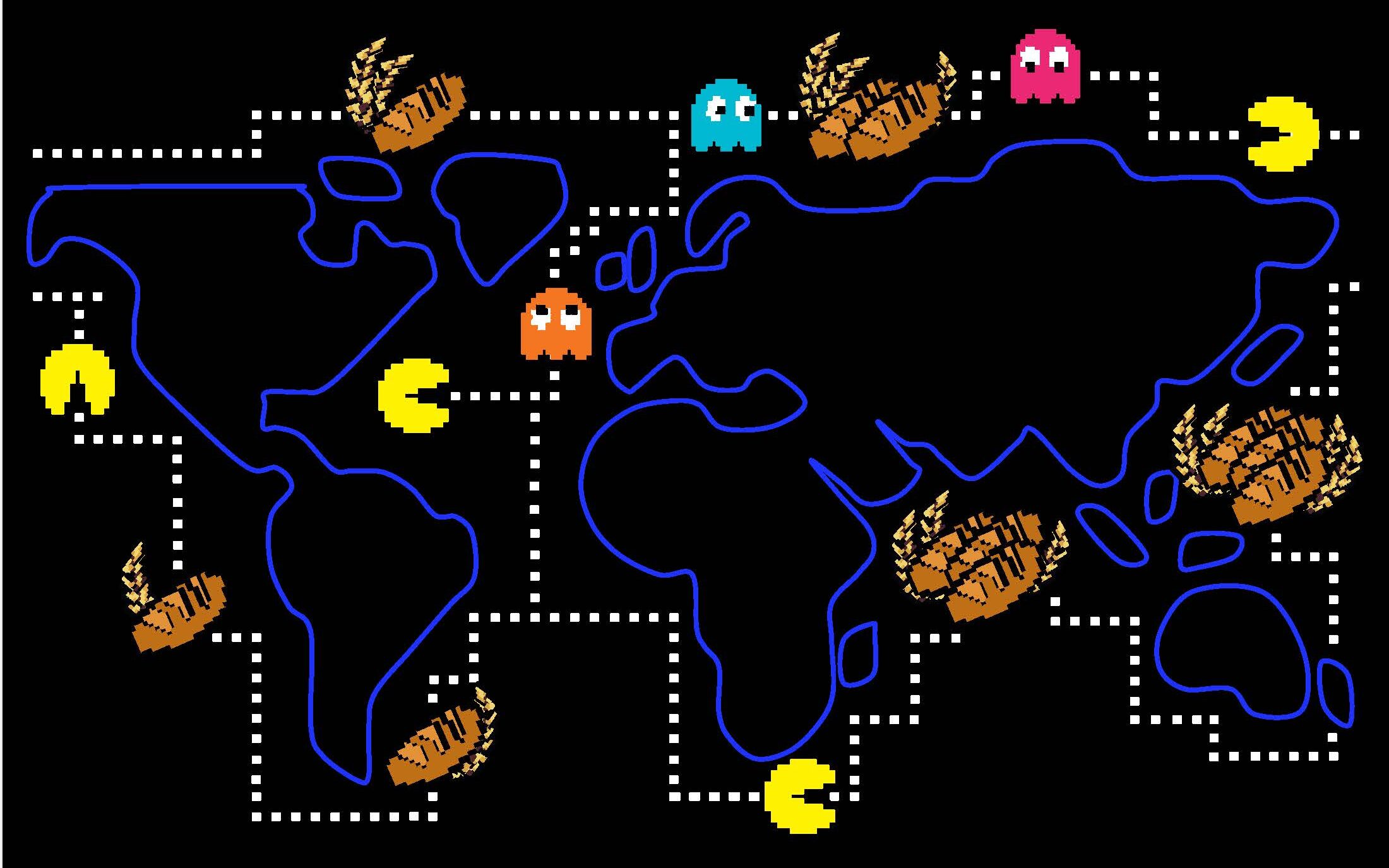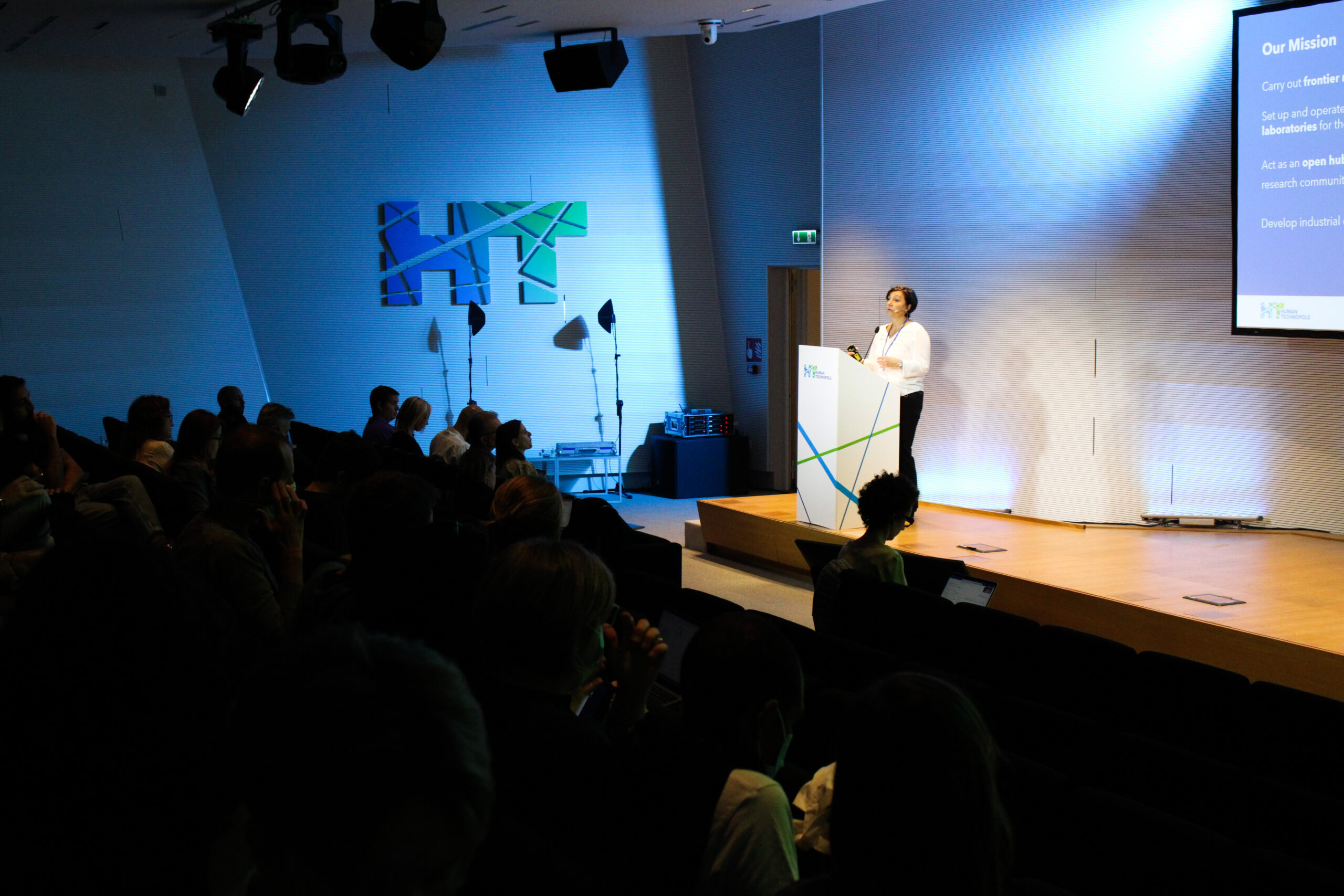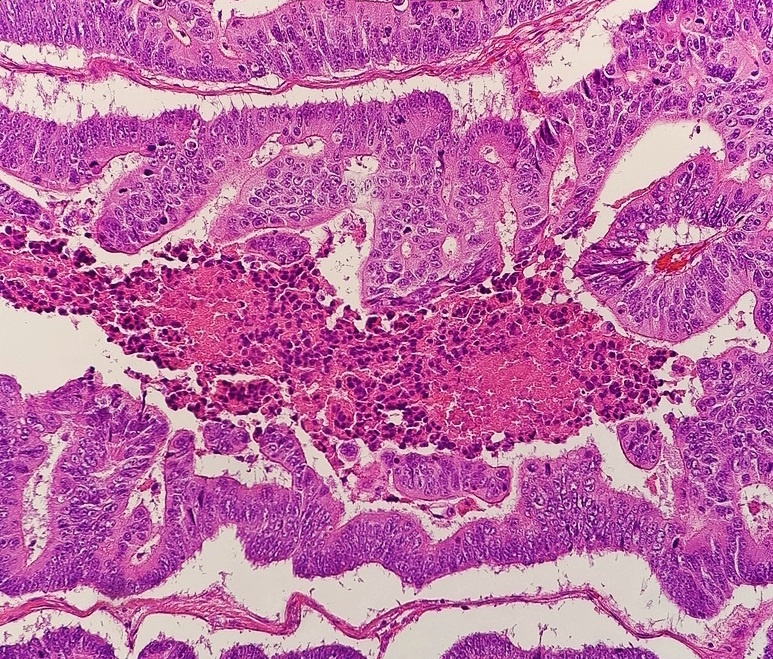The “tubulin code” in control of ciliary beating
Using advanced cryo-electron microscopy techniques and mutational analysis, HT researchers show that protofilament-specific patterns of tubulin polyglutamylation and glycylation promote the direct binding of axonemal proteins to the ciliary axoneme, thus modulating ciliary beating. The findings are published in Current Biology.
The evolutionary history of amylase genes for starch digestion
A Nature study co-authored by HT researchers reveals that amylase genes required for starch digestion underwent multiple duplication and deletion events during human evolution and that agriculture favoured structures containing amylase gene duplications.
HT Welcomes the Scientific Community with the New External Seminar Series
We are pleased to announce the launch of the Human Technopole External Seminar Series, an initiative dedicated to bringing leading researchers from around the world on campus. These scientists, working in various life sciences disciplines, will share their latest research and insights with the HT and external scientific community.
HT External Seminar Series
The Human Technopole External Seminar Series features leading scientists from various fields, including genomics, neurogenomics, structural biology, computational biology, health data science, biophysical modelling, and molecular cell biology.
Study reveals previously unknown genetic causes of Colorectal Cancer
An international team of scientists, including Andrea Sottoriva, Head of Human Technopole’s Computational Biology, has provided the most comprehensive analysis to date of the genetic makeup of colorectal cancer (CRC). The pioneering study was led by the University of Oxford, The Institute of Cancer Research and the University of Manchester.



